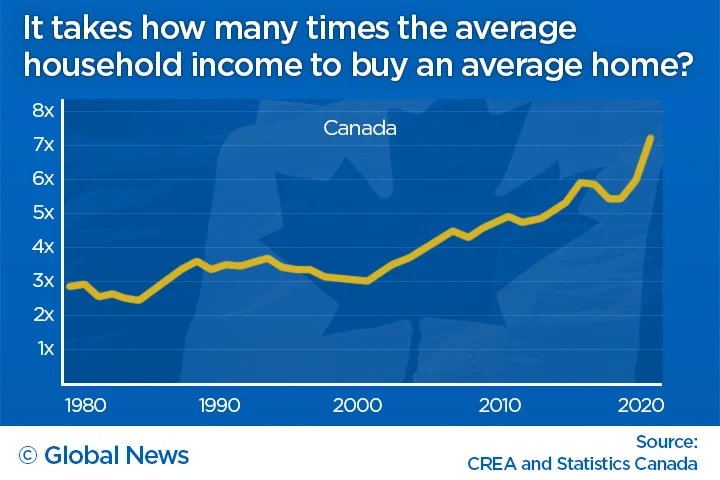The Trudeau government has introduced a new work permit for foreign workers with a job offer at one of eight firms in the Global Hypergrowth Project – a government project aimed at supporting the growth of a selection of homegrown Canadian companies. Eligible firms include Ada Support Inc., a customer service automation company based out of Toronto, and CellCarta, which provides precision medicine laboratory services to the biopharmaceutical industry. A full list of the firms covered by this work permit can be found here.
This new permit fall under the Innovation Stream of the International Mobility Program (IMP). This is important, because employers hiring a foreign worker through the IMP are not required to obtain a Labour Market Impact Assessment (LMIA). An LMIA is a document which demonstrates whether there are Canadian citizens or permanent residents willing and able to fill the position which an employer is attempting to hire a foreign worker for.
It is worth noting that the credibility of the LMIA system has itself been under severe scrutiny of late, as its efficacy in protecting Canadian jobs is questioned, and revelations of widespread corruption emerge. Several months back, an anonymous Ask Me Anything (AMA) post on the /r/CanadaHousing2 reddit forum by a government employee who works in the department that handles LMIAs attracted significant attention. The unnamed employee expressed intense frustration with government inaction: “Why this program is not shut down or at least severely tightened is beyond me.”
The fact that Ottawa’s latest high-skill work permit lacks even the weak and corruption-plagued protection mechanism for Canadian workers provided by an LMIA should generate controversy among the many Canadian science, technology, engineering, and mathematics (STEM) workers and graduates struggling to find a well-paying job – or worse, trying and failing to find a job at all.
A piece in the Capital Current from March of this year describes how graduates in what are often thought of as high-demand fields are facing an overcrowded job market after university. One student profiled in the article was struggling to find a job in his field 10 months after graduation, while another accepted a job in the packaging department of a tech company just to get his “foot in the door”.
In April of this year, a short piece in the C.D. Howe Institute by Junior Policy Analyst Tingting Zhang cautioned policymakers against “saturating the market with an excess of STEM workers” through aggressive high-skill immigration targets.
Zhang noted that 24,460 people intending to work in STEM positions were granted permanent residency in 2023 through federal and provincial STEM-focused immigration programs – a figure which doesn’t even include STEM workers in Canada’s foreign worker streams. He went on to explain that Canada’s STEM labour market is getting tougher – STEM job vacancies fell from 42,140 in Q3 2022 to 25,045 in Q3 2023, while the jobless number in this field rose from 19,300 in 2019 to 25,700 in 2023.
Rising unemployment among high-skill workers and graduates didn’t stop the Trudeau government from introducing Canada’s first-ever “Tech Talent Strategy” to attract tech workers from around the world in the summer of 2023. Its new LMIA-exempt work permit for the firms involved in the Global Hypergrowth Project indicates that Ottawa remains as committed as ever to recruiting high-skill workers from overseas – even while Canadian workers struggle.
All content on this website is copyrighted, and cannot be republished or reproduced without permission.
Share this article!




The truth does not fear investigation.
You can help support Dominion Review!
Dominion Review is entirely funded by readers. I am proud to publish hard-hitting columns and in-depth journalism with no paywall, no government grants, and no deference to political correctness and prevailing orthodoxies. If you appreciate this publication and want to help it grow and provide novel and dissenting perspectives to more Canadians, consider subscribing on Patreon for $5/month.
- Riley Donovan, editor